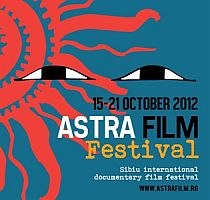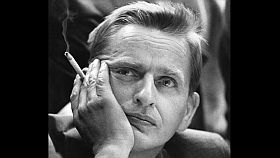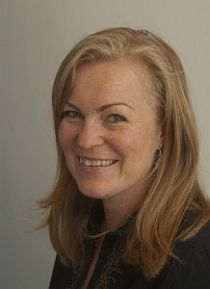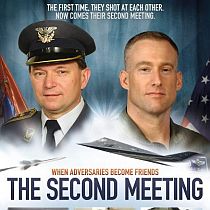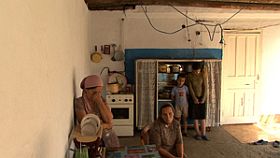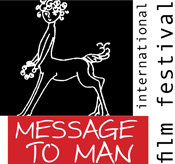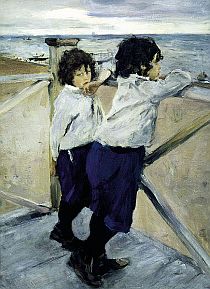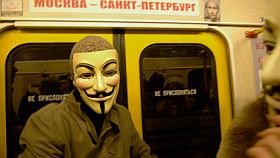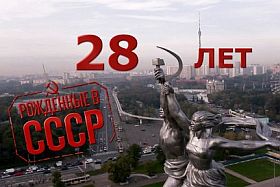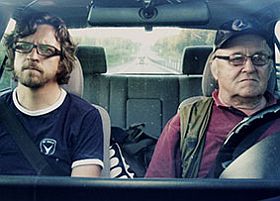This blogger worked with Anita Reher for a decade at EDN (European Documentary Network) in Copenhagen, now she has a quite an important job in the US, carrying the name of one of the founders of the documentary genre, Bravo:
New York, NY (October 2, 2012) Presenter of the Robert Flaherty Film Seminar – the longest-running film exhibition event in the US – The Flaherty has named Anita Reher as Executive Director.
Anita Reher was formerly the co-founder of the European Documentary Network (EDN), a membership-based association created in 1996 with more than 1000 members from 60 different countries. Reher helped build this non-profit service organization into the premiere resource for documentary filmmakers in Europe. As Head of International Relations for EDN, she developed strategies, set priorities, and created more than 50 workshop programs around the world.
“My experiences stem from two decades of working across borders, cultures and languages. Film is, in my opinion, a language that connects people and connecting film
people has always been my passion and line of work,” Reher said.
Reher, who is preceded by Mary Kerr, who served as Executive Director for the Flaherty for six years. Kerr chose to move on from the position in order to pursue producing opportunities.
“Mary has been absolutely brilliant. She has carried the Flaherty forward in so many ways, creating the programs Flaherty NYC and Flaherty On The Road, and being a truly effervescent ambassador for us in the community. Mary will remain a close collaborator of the Flaherty,” said Ann Michel, President of the Board of Trustees.
Founded in 1955, the Flaherty is 18 months away from celebrating its 60th anniversary. Distinct from films festivals, the Flaherty’s impact and reputation are forged by a unique immersive experience where annually, a guest curator presents a thematically organized program and 10-12 internationally recognized filmmakers discuss their films with attendees. The Flaherty fosters meaningful connections among participants within a setting unencumbered by distractions and carefully designed for the exchange of ideas. Past filmmakers include: Pedro Costa, Lourdes Portillo, DA Pennebaker, Agnes Varda, Satyajit Ray, Natalia Almada, Paul Chan, Charles Burnett and Lisandro Alonso.
“It’s not an exaggeration, or uncommon, when past Flaherty participants make the claim that having attended the Seminar changed their careers, or… lives, even,” said Ann Michel.
“One thing I have learned over the years of working with the international film community is that filmmakers need to connect with one another, as well as with the many people involved in the wider aspect of media arts, in order to discuss, exchange experiences, share their passion and be inspired. It has been my pleasure to always be that facilitator – a privilege I am very excited to continue within the fine tradition of the Flaherty,” said Reher.
In addition to the yearly Seminar, the Flaherty operates throughout the year with programs such as Flaherty NYC, and Flaherty On The Road, as well as collaborating on special events with a number of organizations such as the Museum of Modern Art, The American Museum of Natural History, or The Margaret Meade Film Festival,Union Docs in Brooklyn, among others. Most recently, the Flaherty has traveled to China, and will be participating in the Yixian Festival there this November.
“We’ve been experimenting with and perfecting the Seminar for nearly 60 years now… and it’s a powerful experience. The Flaherty also recognizes that our 21st century media landscape is a radically different frontier, and in the spirit of exploration – in keeping with the sense of adventure and fearlessness of Robert and Frances Flaherty, we’re excited to evolve the organization while we also keep doing what we already do really well. Anita Reher serving as our new Executive Director will be a great asset for these efforts,” said Chi-hui Yang, Vice-President of the Board of Trustees.
“It’s an exciting time in the media arts. The Flaherty plays an important role in nurturing the ways in which storytelling that uses the moving image can contribute to furthering humanity. Anita understands this, and also brings with her a global perspective. And she likes to dance. If you know anything about the Flaherty, you know how important that is,” added John Bruce, a newly elected member of the Board of Trustees.
About The Flaherty
The Flaherty is a nonprofit organization dedicated to the proposition that independent media can illuminate the human spirit. Its mission is to foster exploration, dialogue, and introspection about the art and craft of all forms of the moving image. The Flaherty was chartered (as International Film Seminars, Inc.) in the state of Vermont but is based in New York City. It was established in 1960 to present the annual Robert Flaherty Film Seminar, which was started in 1955 by the Robert Flaherty Foundation. The Seminar remains the central and defining activity of The Flaherty.
Through its unique annual Robert Flaherty Film Seminar, The Flaherty provides media makers, users, teachers and students an unparalleled opportunity to confront the core of the creative process, reaffirm the freedom of the independent artist to explore beyond known limits and renew the challenge to discover, reveal and illuminate the ways of life of peoples and cultures throughout the world.
Media Contact:
Ann Michel
President, Board of Trustees, the Flaherty
amichel@electronranch.com
Email: ifs@flahertyseminar.org
Web: http://www.flahertyseminar.org



